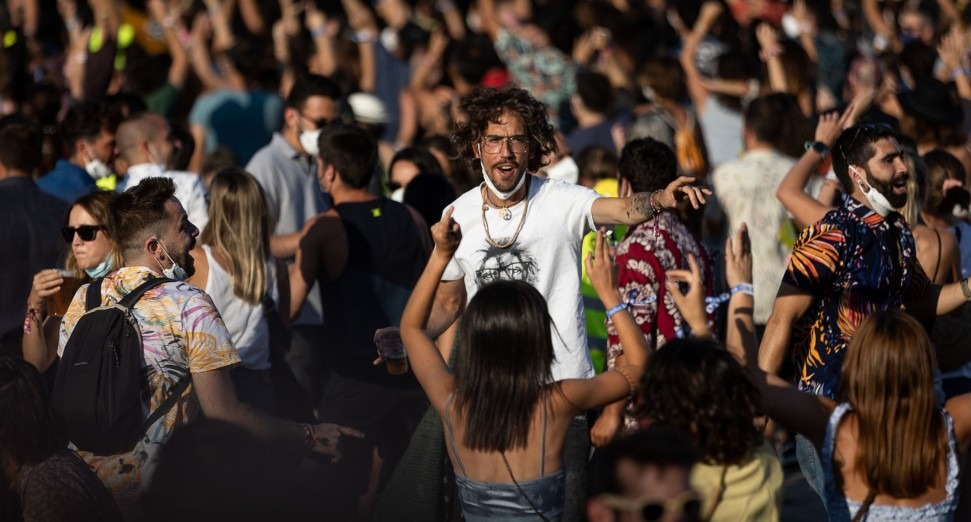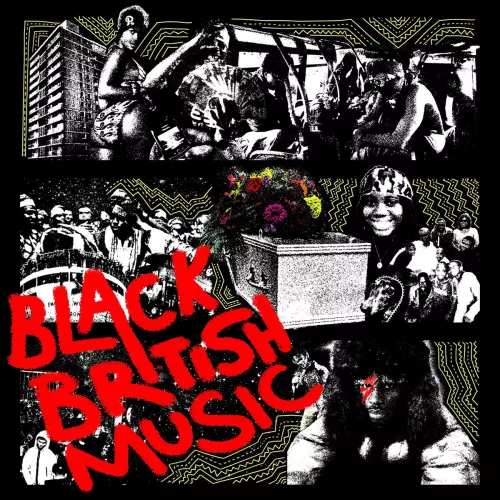
Over 2,000 people test positive for COVID-19 following music festivals in Catalonia
News
Large music festivals have increased the number of coronavirus cases in Catalonia, according to a study by the Catalan health department.
Research found that 2,279 attendees of last month’s Vida, Canet Rock and Cruïlla festivals contracted the virus, a figure that is 76% more than the cases recorded in a trial group and 58% more than what was expected, according to the analysis. This all happened despite attendees being required to present a negative coronavirus test result and wear a mask at all times. (Photos from all three events showed that not everyone followed the mask rule.)
The Catalan secretary of public health, Carme Cabezas said last week that music events “have had an effect” on coronavirus transmission in Catalonia, but added: “With 842 more cases than what was expected, we can’t say they have been superspreader events.”
Particular attention has been paid to how these three events affected coronavirus rates in the Catalonia region as they took place early last month, at a time that the area was beginning to get to grips with another wave of COVID-19 and transmission rates were once again hitting high-risk levels. Nearly 50,000 people were in attendance across the three events.
When the Canet Rock and Vida festivals took place between 30th June and 4th July, the 14-day cumulative number of cases per 100,000 inhabitants was at 689, and the R number – how many other people an infected person passes the virus on to – was at 2.92, significantly more than the recommendation of below 1 by local health authorities.
Importantly, when the music festival Cruïlla took place on 10th and 11th, the R number had decreased slightly to 1.37, meaning for every 100 infected individuals, another 137 would get the virus. The incidence rate remained high, however, at more than 1,000 cases per 100,000.
Catalonian officials have reintroduced some restrictions on events since the festivals took place last month, as a result of the increasing R number and cases.
This news follows on from the revelation last month that a Dutch music festival was linked to more than 1,000 new coronavirus cases, though local officials stressed at the time that they could not be sure that all of those new infections happened at the festival itself.





